Derry's part in the War for Irish Independence: Part 3
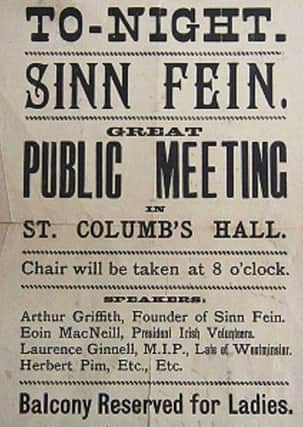

He wrote:”The Fianna were drilled in the John Mitchell Hall. I received a Fianna handbook from Dublin, which I still possess. We learned from it our duties and drills. The strength of our organisation in 1915 was about 26. We met several days a week to carry out the objectives of the Fianna, which were the training of the youth of Ireland, mentally and physically by teaching scouting and military exercises, Irish history and the Irish language.
“Each member made the following declaration: ‘I promise to work for the independence of Ireland, never to join England’s armed forces and to obey my superior officers.’
Advertisement
Hide AdAdvertisement
Hide Ad“We learned all about the Lee Enfield rifle and when our members came of age they were to be transferred to the Volunteers. There were a few public meetings held in Green’s field in the Bogside. Arms were bought when procurable locally and on one occasion a Unionist sold seven revolvers to Eddie Dean, a member of the Fianna who handed them to the Volunteers.
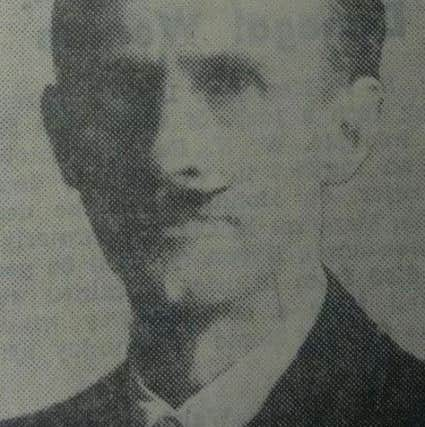

“The British were very curious to know everything that was taking place. They had one spy in place in the ranks of the Volunteers. Cavanagh through his intelligence officer knew the name of the particular man, but being the wise officer he was, he used him to give false reports to the RIC and send them on a wild goose chase. He was eventually dropped by his British friends as his information was unreliable.
“A large quantity of arms and ammunition was procured across the channel and sent to Derry camouflaged as ‘iron ware’ and addressed to a Unionist hardware store, without their knowledge or consent. Paddy Lafferty, a carter who owned his own horse and lorry was to be on the look-out for this large case. He was to make sure that he got it. He took it from the hardware store where it was transferred to John ‘Corney’ Doherty’s cart. The latter took it a safe place where it awaited the arrival of Joe O’Doherty who brought it safely to Dublin where it landed in good time for the Rising.”
Easter mobilisation orders
“On Holy Thursday night, Roisin O’Doherty (now Mrs Murray living in Dublin) brought a dispatch Volunteer from HQ in Dublin to Seamus Cavanagh, the Derry OC, ordering the mobilisation for Easter Sunday.
Advertisement
Hide AdAdvertisement
Hide Ad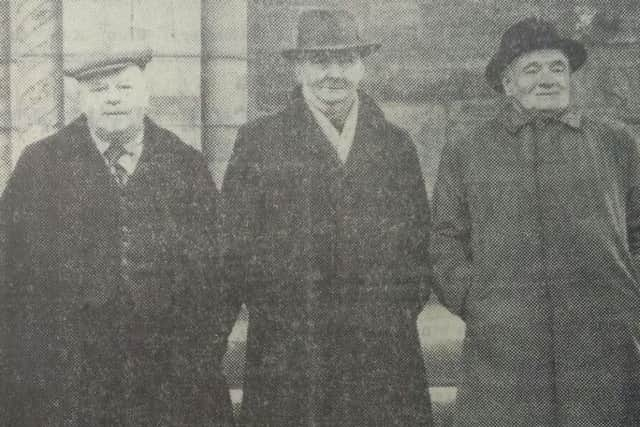

In April, 1916 the concert party were very busy learning parts for a cantata, ‘The Dawn of Freedom’ that was to be played on Easter Sunday night and a ceilidhe mor was arranged for Easter Monday.
“That night Seamus Cavanagh notified a selected number of Volunteers to meet at John (Corney) Doherty’s shed at the top of William Street (which was an outer portion of Watt’s Distillery) just after 11.30pm. They were Paddy Shiels, John Fox, Frank McDevitt, John Adams, James McAuley, Joe Logue, Patrick Hegarty, John McGilligan, Joe Flanagan, paddy Cullen, John Cullen, Dan Cullen, Phil Doherty, Charlie Breslin, James O’Neill, Charlie Duggan and Mickey Wray.
“Each man was to bring the heaviest top coat he had, his rifle, revolver and ammunition with all the other equipment and enough rations for two days. Cavanagh told me not to let any of the boys near the John Mitchell Hall. He also said he wanted to keep in touch with me. I did not suspect that anything serious was wrong. I carried out the instructions as received, but there were times that some of the Fianna came to the hall, just to see what was going on.
“At 11.15pm all the Volunteers who were mobilised, after making their way through the back streets and near-cuts, and camouflaged as best they could, so that no one could detect their mission, landed safely at the place arranged. It would be difficult to estimate the faith, courage, and self-sacrifice of that noble band leaving their wives and families behind and each man believing in his heart that before tomorrow’s sun had set they would be defying the might of the British Empire. Convinced that their chances of returning home were slender, their trust in Divine Providence was such that they left in God’s good keeping their family cares and the cause for which they were now willing to give their lives.
Advertisement
Hide AdAdvertisement
Hide Ad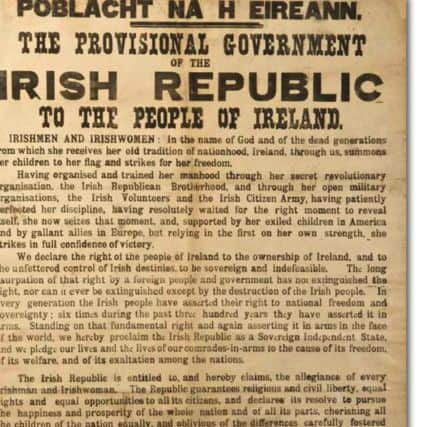

“They went forth gallantly to do their best to show the world that the soul of Ireland still lived and to awaken their slumbering hearts of the Gael that unquenchable flame that the might of England with are her hireling’s could never extinguish.
“In Doherty’s shed Cavanagh checked the men, who numbered 17. The equipment consisted of five Lee Enfield rifles, five Mausers, two Howth and five Martin Henry’s (short carbines) about 100 rounds of ammunition per man and 22 hand-made bombs. Other supplies had been sent earlier to Tyrone with John (Corney) Doherty and William McAuley. In Doherty’s shed the Volunteers settled as best they could under the circumstances as every man was expecting fireworks to start at any minute.
“The place inside was in darkness. No one was allowed to smoke or light a match. There was a split in the door through which the Volunteers could see out as a street lamp was burning outside. There was a tense moment when two policemen put their backs against the door. They stood for about ten minutes. Little did they know that a number of rifles were pointed at them ready to shoot if they made one false move. But, they moved off as quickly as they came.”
Disappointment
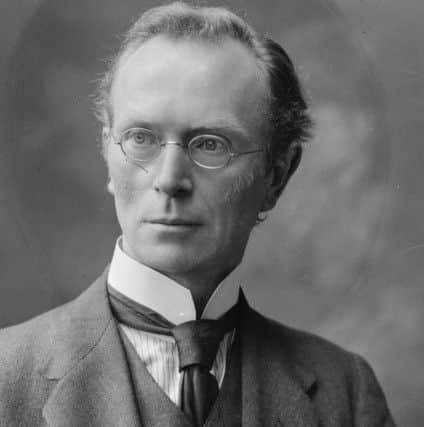

“After waiting until 5.30 am the next morning the Volunteers through Denis McCullough, of Belfast, received MacNeill’s countermanding orders calling off the mobilisation with instructions to wait for further orders.
Advertisement
Hide AdAdvertisement
Hide Ad“The men were told to go home and keep themselves in readiness as they might be called out at anytime. Joseph O’Doherty, a republican officer who later became the representative of Donegal in Dail Eireann had left Derry earlier in the day to proceed to Dungannon where he made preparations with the Volunteers en route for the Rising. He arrived back in Derry just half an hour late. Had he arrived back before McNeill’s orders the Volunteers would have proceeded to Strabane and Omagh, where they would have been joined by other contingents and the Rising would have been extended to the North.”
Detailed for other duties
“The Volunteers who were not mobilised that night were to have other duties to perform.
“The bridge at Quigg’s, Drumahoe was to be destroyed. The Great Northern Railway was to be disrupted at several points. Paddy Lafferty and James Lynch were to be in charge of this work and the other Volunteers were to keep lines of communication open. They were Tommy Jonhston, Andy McDermott, Tomas McLaughlin, Eamonn McDermott, WJ Carlin, William McAuley, John Doherty, William Sharkey, Vincent Doherty, Hugh Devlin, William Hegarty, James McGuinness, Barney McGettigan, Mick McGrory, WJ Duffy, Denis McIntyre, Joe Murray, John O’Donnell, Andy Barr and Barney McKenna.
“The Cumann na mBan and their helpers in 1916 were Mrs Cavanagh, Mrs Mary Wray, Annie smith, Mrs J McDaid, Miss Keenan, Annie Martin, Mrs O’Neill, Mrs J Fox, Miss fox, Mrs W Sharkey, Miss Rose O’Doherty, Miss Tilly Cullen, Miss Gibson, Miss McDaid, Frances McIntyre and Lizzie McIntyre and Mrs P Hegarty.”
Next Friday: In the wake of the Rising in Dublin, British forces begin their clamp down on the activities of the Volunteers across the island of Ireland.